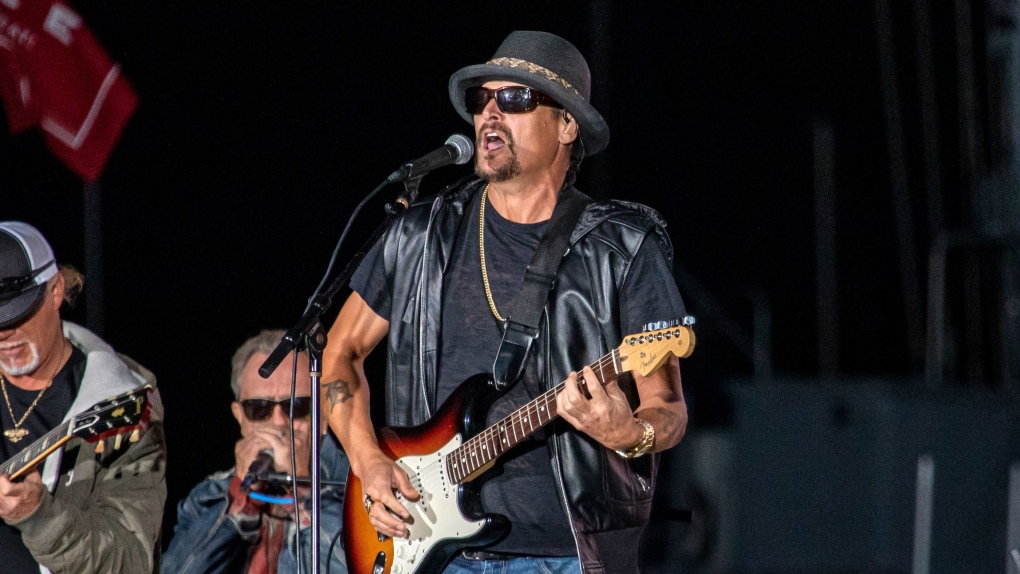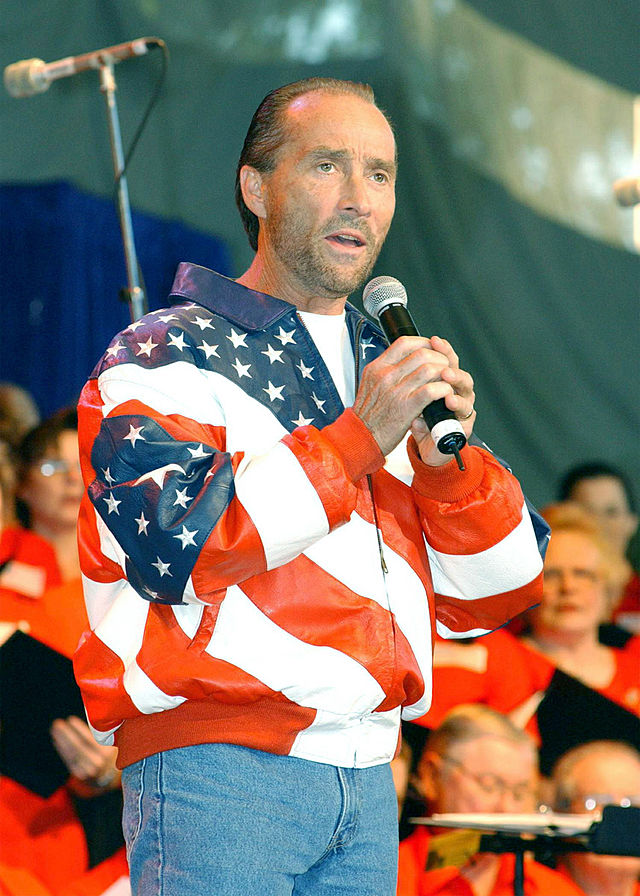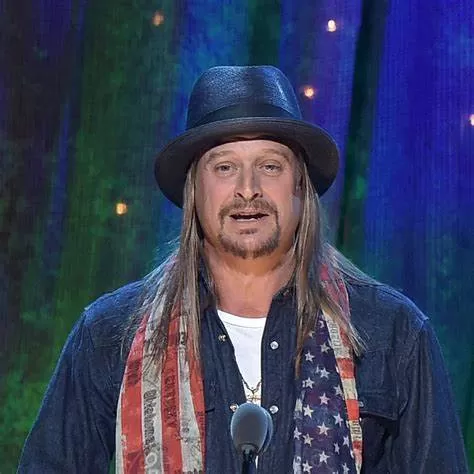Kid Rock and Lee Greenwood have stunned the online community with their declaration: “We should dedicate an ENTIRE MONTH to VETERANS before we even think about having a PRIDE MONTH.”

The call from Kid Rock and Lee Greenwood, renowned names in American music, advocates for establishing a month that honors veterans, suggesting it should take precedence over the observance of Pride Month.
This assertion has ignited discussions surrounding the importance of both commemorations and the wider implications of prioritizing one over the other.
Their proposal stems from a deep-seated respect for military veterans, with Greenwood, famous for his patriotic anthem “God Bless the U.S.A.,” having a long track record of supporting veterans through concerts and events honoring their sacrifices.
Likewise, Kid Rock has consistently voiced his backing for military personnel, engaging in numerous initiatives aimed at supporting veterans’ causes.
Both artists contend that the nation should give priority to recognizing the contributions and sacrifices of veterans with a dedicated month, either before or in lieu of Pride Month.

Their suggestion has elicited diverse reactions.
Supporters argue that veterans, who have risked their lives for the nation, merit an exclusive period of national recognition. They feel that dedicating a month to veterans would shine a light on their stories, struggles, and the challenges they face after their service.
Greenwood’s substantial commitment to veterans’ causes, such as his involvement in events like “An All-Star Salute to Lee Greenwood,” demonstrates his dedication to honoring military personnel.

Conversely, critics argue that this proposal could undermine the significance of Pride Month, which celebrates the challenges and achievements of the LGBTQ+ community.
Pride Month serves as an important occasion for advocating visibility, equality, and the rights of LGBTQ+ individuals. Critics caution that instituting a separate month for veterans should not come at the detriment of existing celebrations for marginalized communities.
They highlight that both veterans and the LGBTQ+ community warrant recognition and support without being positioned against each other.
The discussion also raises broader themes of representation and inclusivity.
Although Greenwood and Kid Rock’s intentions may stem from a desire to honor veterans, the conversation unveils the complexities of national observances and the necessity of balancing recognition among different groups.
This underscores the need for inclusive discussions that acknowledge the diverse experiences and contributions of all communities.

Ultimately, the plea for a designated month for veterans prompts critical questions about how the United States honors its citizens.
It challenges society to devise methods of acknowledging the contributions of various groups while ensuring that recognition of others remains intact.
As the discourse progresses, it will be essential to determine the best approach to honor both veterans and the LGBTQ+ community in a manner that respects their unique experiences and contributions to the nation.





